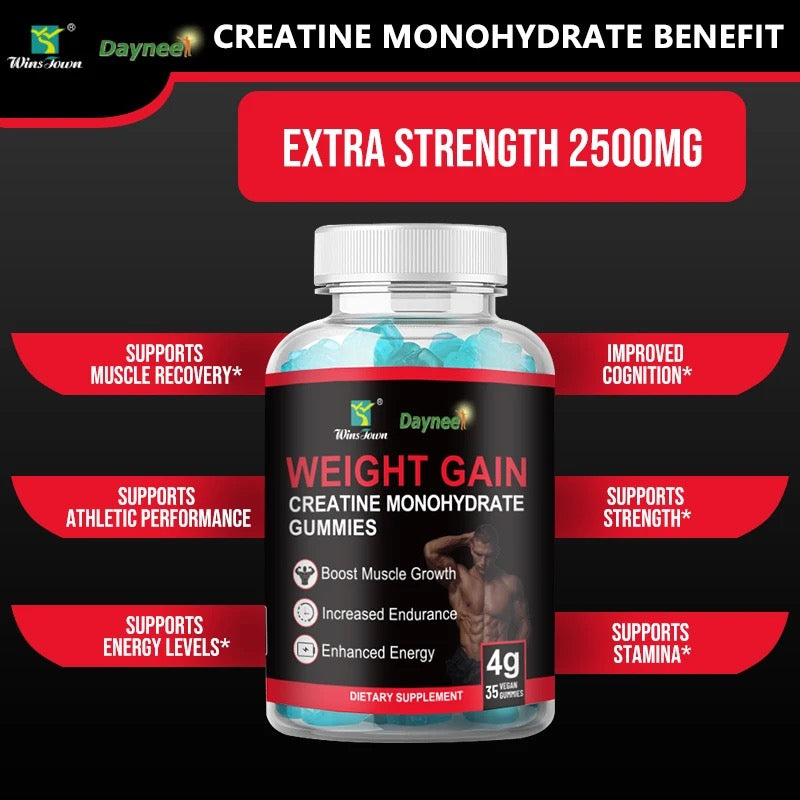The Basic Principles Of Creatine Monohydrate
The Basic Principles Of Creatine Monohydrate
Blog Article
The 8-Minute Rule for Creatine Monohydrate
Table of ContentsThe Only Guide to Creatine MonohydrateHow Creatine Monohydrate can Save You Time, Stress, and Money.Unknown Facts About Creatine Monohydrate
The key takeaway is that An interesting organized review wrapped up a negative connection between creatine monohydrate supplementation and VO2 max. The authors recognize a danger of prejudice with the research study layouts due to a demand for more clarity over randomization with almost all studies consisted of. Only three of the nineteen researches completely described the assessment of VO2 max - Creatine Monohydrate.
If weight gain with fluid retention is a concern, quit taking creatine 1-2 weeks before racing to balance out fluid retention while maintaining increased creatine stores. Some individuals experience stomach discomfort when taking creatine, such as bloating, cramping, or diarrhea.
It's suggested to use it in powder type. Concerns regarding the long-lasting effects of creatine monohydrate supplementation on kidney (kidney) feature have actually been raised.
Top Guidelines Of Creatine Monohydrate
None of the researches checked out look at these guys triathletes. The negative effects reported in the researches associated with weight gain. As mentioned, many of the research studies made use of a higher-dose loading protocol (20g+/ day) in a brief period that could be balanced out and stayed clear of with a reduced dose (such as 5g/day) for an extended duration.

Let's consider the primary advantages of creatine monohydrate. There is solid, reliable study showing that creatine improves health and wellness. Overwhelming evidence sustains boosting lean muscle mass, increasing strength and power, including reps, minimizing time to fatigue, improving hydration condition, and profiting mind wellness and function. All of these benefits will incrementally award your health and improve your "healthspan" as you age.
The bulk of creatine is kept in the skeletal muscular tissues in a type recognized
as phosphocreatine, or recommended you read creatine phosphate. Creatine help in the manufacturing of adenosine triphosphate, or ATP. Also if they never lifted a weights, they would certainly still profit from creatine supplementation.
Report this page